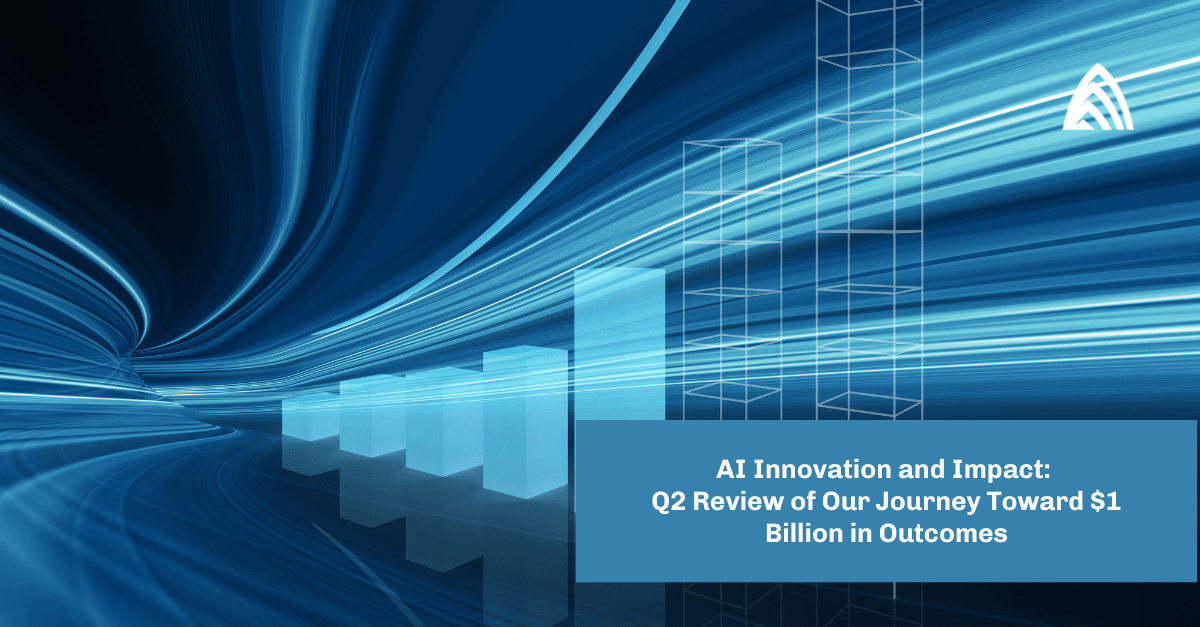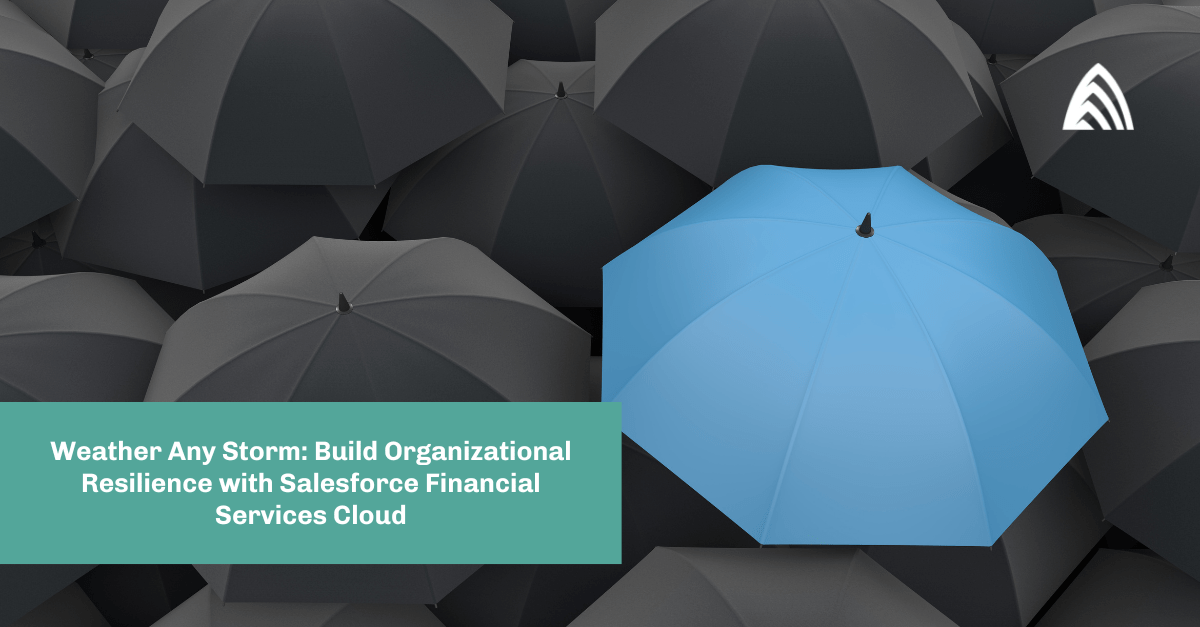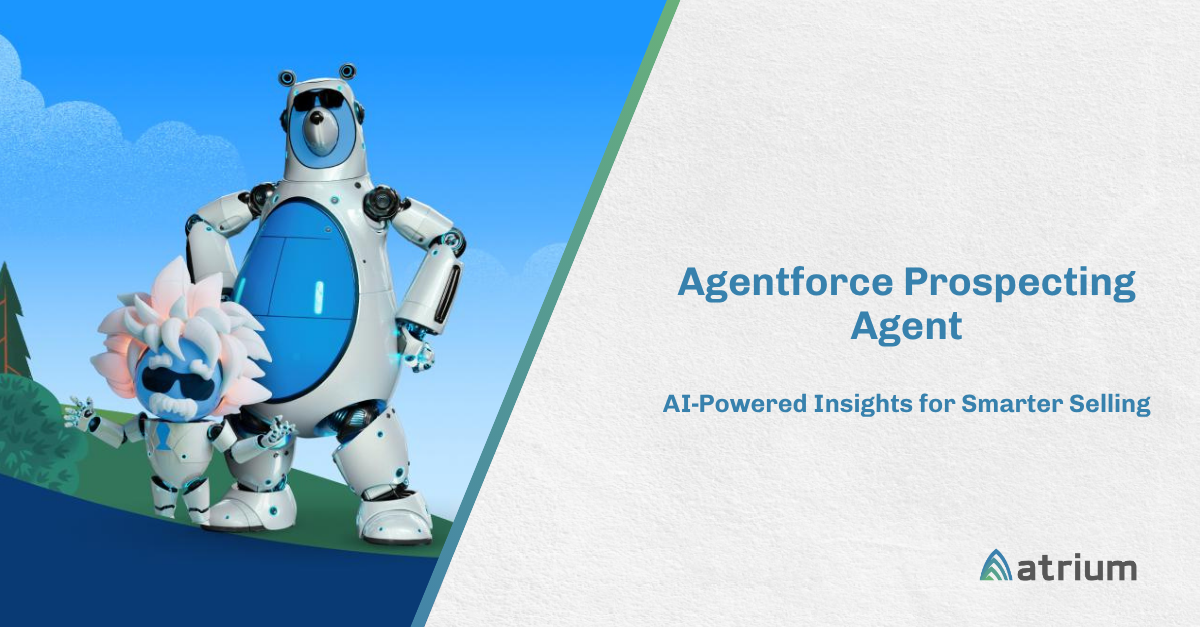The world is changing, and nonprofits in particular need support to continue to do important work for local and global communities and evolve. As a team, we’re proud to rise to the occasion with Cultivate, our brand-new corporate social good program.
Following our announcement about the launch Cultivate and joining the Pledge 1% movement, we spoke with three Atrium team members who have been helped shape and promote Cultivate: Gene Zeyger (Customer Engagement Director), Jack Sampson (Senior Salesforce Consultant), and Patrick Schiffli (Elevate Engagement Director).
Atrium has been involved in social good since it was founded. Why launch Cultivate now? Where did the idea for an entire program dedicated to giving back come from?
Gene Zeyger: Atrium’s executive team has always stressed the importance of culture in building a strong team. We all share the desire to be socially responsible. Many Atrians have been involved in social programs and give back in their communities. We started thinking through and even implementing ideas around Cultivate over a year ago. In addition to encouraging our employees to give back on their own time, we felt it was important to have a way for our employees to leverage their highly demanded skill sets for good as part of their Atrium experience. Now is the right time to formalize Cultivate, particularly when many people and nonprofit organizations struggle in the face of the pandemic and unemployment.
Jack Sampson: Atrium’s leadership has been adamant about being involved in social good since day one. In addition, nonprofits and NGOs are facing the exact same challenges as for-profit companies, but with much more restricted budgets. Because of that, we’ve been focusing on identifying use cases and potential projects that would allow us to invest in solutions for nonprofits, helping to lower the cost of analytics and AI.
Patrick Schiffli: As the Culture Officer at Atrium, I see lots of invaluable initiatives being created and delivered across the company to enhance the livelihood and engagement in our organization. When the leadership team founded the company a few years back, the idea of Cultivate was already ingrained in everyone’s mind. It is one thing to ensure we have forums within our organization where “givers” can thrive, but to provide an outlet for folks to be able to participate in giving back to the nonprofit community is a game changer. Thus, Cultivate was born!
Through Cultivate, how are we helping customers who need analytics and AI expertise and solutions?
GZ: Nonprofits always talk about impact. Every organization says, “We measure our impact and effectiveness of our programs.” But the truth is that most organizations do not have the capital and technology capacity required to:
- Capture data effectively across systems.
- Manage a data warehouse environment and integrations.
- Normalize and analyze the data appropriately.
- Report effectively on the results.
Enterprises have entire teams dedicated to this task, where nonprofits are often lucky to have 1-2 people capable of setting up these environments. And that’s not even touching on the opportunities presented by AI and machine learning.
Atrium is helping nonprofits to first and foremost think about their data architecture and strategy for their fundraising efforts and programs. This sets the foundation for effectively managing data. Once the architecture is in place, we assist the organizations through the implementation of analytics and modeling to support their most mission-critical use cases to answer questions such as “Which donors are likely to become major donors?” or “How effective is our program?”
JS: In my opinion, the coolest use cases I’ve seen come through revolve around the nonprofit’s program. One such use case we investigated was using natural language processing and sentiment analysis on free-form comment fields from employees to help get a better understanding of program success. Likewise, we also have discussed creating matching algorithms to augment matching between volunteers and recipients. Doing so would help reduce the burden on employees, and allow them to redirect their efforts to other areas of their program.
On top of donor and campaign management, which heavily parallel use cases in the for-profit industry, these program-specific use cases are where AI and analytics can shine for nonprofits. They can provide levels of cost savings and insights into your programs that have been traditionally reserved for for-profit industries.
PS: From a budgetary standpoint, it is difficult for most nonprofit organizations to implement meaningful change through technological advancement. By embracing these organizations through Cultivate, Atrium can assist with data architecture/strategy and really move the needle forward where there were potential roadblocks due to lack of funding for such research. Once established, we can uncover relevant correlations between donors and opportunity through use of modeling and analytics. Data governance, reporting, and data visibility have typically been the major tenants within the nonprofit projects I have worked on in my career, and I believe that, through the Cultivate model, we can help drive visibility into these areas.
Social good has become a hot topic in recent years, especially in the technology industry. How do we plan to sustain our commitment to social good as Atrium continues to grow?
GZ: Atrium will continue to work closely with Salesforce.org to identify opportunities to help humanitarian organizations. We will co-invest with these organizations, ensuring these initiatives are prioritized and given full attention. Atrium will treat these as projects that are managed exactly as others in the organization, providing the same level of rigor and staffing as we would on enterprise initiatives.
JS: For Atrium, it’s simple: By committing to pledge 1% of our time and profit, we’re inherently coupling Cultivate’s growth with our growth as a company.
PS: First, I believe through educating the Salesforce team and our internal Atrium members on the many benefits that come from Cultivate, the priority becomes very clear for everyone involved. Giving back and being a good steward of technology is top of mind for all of the teams involved. Secondarily, as Jack said, our latest commitment to the Pledge 1% movement in terms of both total profits and time plants the flag for Atrium to be involved in developing and investing in our internal Cultivate initiatives in parallel with our company’s growth trajectory.
Any favorite NGOs or local charities you’d recommend or that we are currently involved with?
GZ: I have had the pleasure of working with Salesforce.org for over 5 years. The Salesforce.org team has done tremendous work to help nonprofits automate their processes. Through that experience, I have had the pleasure of working with some truly remarkable people at organizations such as American Cancer Society, 92Y, Year Up, City Year, National Fire Protection Association, and numerous others. Based in the Boston area, I have also had an opportunity to donate time together with other colleagues at Pine Street Inn, an organization that works to help the homeless population.
JS: While the power of a nation-wide or international charity can’t be understated, I’m always partial to local charities, and their hyper-focused impacts on their communities. One of my favorite charities local to Indianapolis is Indy Reads, whose mission is to build literacy, English language, and job readiness skills in the Indianapolis area. Those focus areas are keys to breaking the cycle of poverty.
PS: I believe there is no more critical time to take action than right now. Although my experience with Salesforce.org is fairly new, I have already witnessed the herculean commitment from their teams to nonprofit support and growth. With newer additions of Nonprofit Cloud and the building out of Integrated Fundraising Solutions for organizations, it is clear the investment from Salesforce is not short lived. Being a rural Oklahomian, I tend to look to local organizations for tangible impact and the support they receive. One organization that I have personally helped support in the past is Tulsa Street School, which is Oklahoma’s most successful dropout prevention and intervention program for youths in the Tulsa area. They are Oklahoma’s longest-running program serving at-risk youth and their guiding principles ensure each student receives a quality education in an enriched learning environment.
Learn more about Atrium’s commitment to social good and our Cultivate program.








